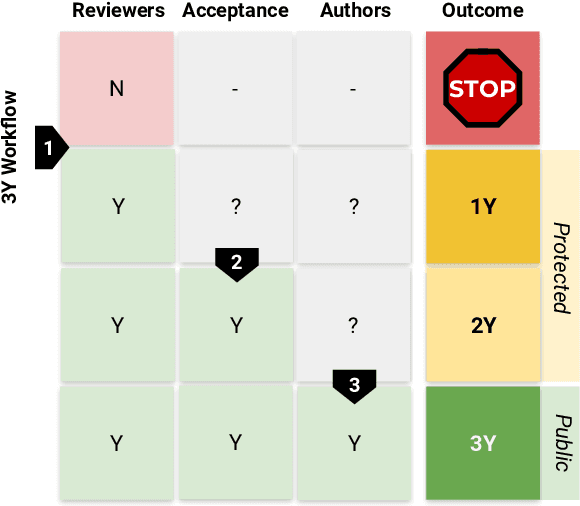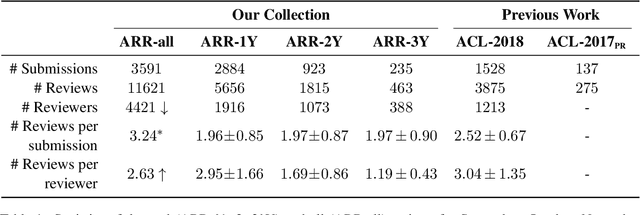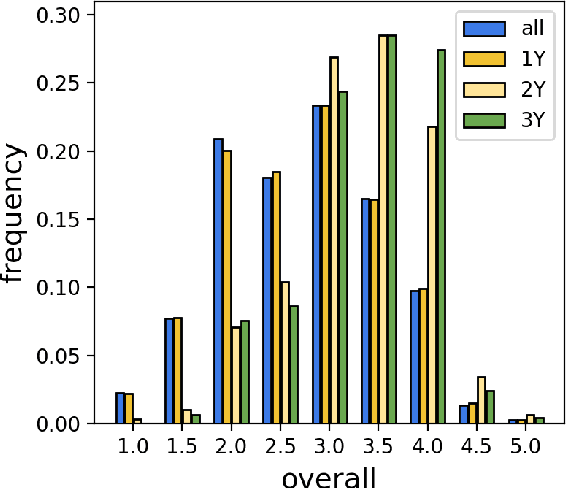Yes-Yes-Yes: Donation-based Peer Reviewing Data Collection for ACL Rolling Review and Beyond
Paper and Code
Jan 27, 2022


Peer review is the primary gatekeeper of scientific merit and quality, yet it is prone to bias and suffers from low efficiency. This demands cross-disciplinary scrutiny of the processes that underlie peer reviewing; however, quantitative research is limited by the data availability, as most of the peer reviewing data across research disciplines is never made public. Existing data collection efforts focus on few scientific domains and do not address a range of ethical, license- and confidentiality-related issues associated with peer reviewing data, preventing wide-scale research and application development. While recent methods for peer review analysis and processing show promise, a solid data foundation for computational research in peer review is still missing. To address this, we present an in-depth discussion of peer reviewing data, outline the ethical and legal desiderata for peer reviewing data collection, and propose the first continuous, donation-based data collection workflow that meets these requirements. We report on the ongoing implementation of this workflow at the ACL Rolling Review and deliver the first insights obtained with the newly collected data.
 Add to Chrome
Add to Chrome Add to Firefox
Add to Firefox Add to Edge
Add to Edge